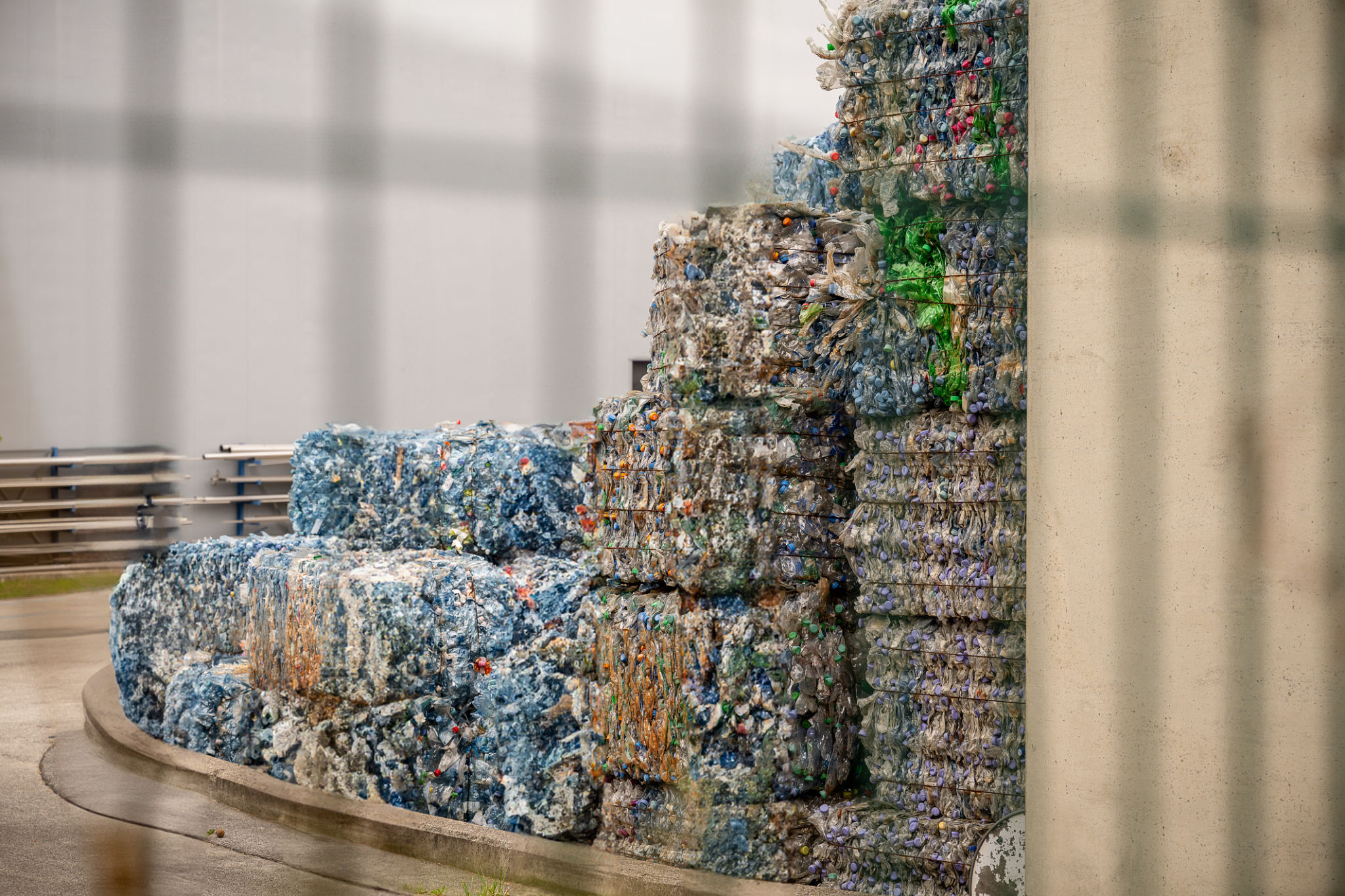The Environmental Impact of Pet Waste and How to Manage It
When we think about environmental challenges, pet waste might not immediately come to mind. However, with millions of pets worldwide, the accumulation of waste can have a significant impact on the environment. Understanding this impact and learning how to manage pet waste responsibly is crucial for both pet owners and the planet.

The Environmental Impact of Pet Waste
Pet waste is more than just an inconvenience; it can be a pollutant. When left on the ground, it doesn't just disappear. Instead, it breaks down and enters our water systems, contributing to water pollution. Pet waste contains harmful bacteria and parasites such as E. coli and salmonella, which can contaminate local waterways and harm wildlife.
Beyond water pollution, pet waste contributes to soil degradation. When left unattended, it can alter soil chemistry, affecting plant growth and local ecosystems. Additionally, pet waste left in public areas can be a nuisance and health hazard for people and other pets.
Managing Pet Waste Effectively
Proper management of pet waste is essential to mitigate its environmental impact. Here are some effective strategies:
- Pick Up After Your Pet: Always carry a bag to clean up after your pet during walks. This simple act prevents waste from contaminating public spaces.
- Dispose of Waste Properly: Use designated bins for pet waste disposal. Avoid using regular trash bins if special bins are available, as they ensure the waste is handled correctly.
- Consider Composting: Specialized pet waste composters can help you convert waste into a useful product for non-edible plant areas.

Innovative Solutions and Products
As awareness of the environmental impact of pet waste grows, innovative products and solutions are emerging to address the issue. Biodegradable waste bags are a popular option among environmentally conscious pet owners. These bags break down more quickly than traditional plastic bags, reducing landfill accumulation.
Some communities are also implementing pet waste stations in parks and public areas, providing bags and disposal options to encourage responsible pet ownership. These initiatives can significantly reduce the amount of waste left in public spaces.
Community Involvement and Education
Community involvement plays a crucial role in managing pet waste effectively. By organizing awareness campaigns and educational programs, communities can encourage responsible pet ownership and highlight the importance of proper waste disposal.
- Host community clean-up events to reduce existing waste in public areas.
- Provide educational resources for pet owners about the environmental impact of pet waste.
- Encourage local businesses to support waste management initiatives by providing resources or sponsorship.

By taking proactive steps in managing pet waste, we can significantly reduce its environmental impact. It's a shared responsibility that requires the cooperation of pet owners, communities, and local authorities. Together, we can create cleaner, healthier environments for all.